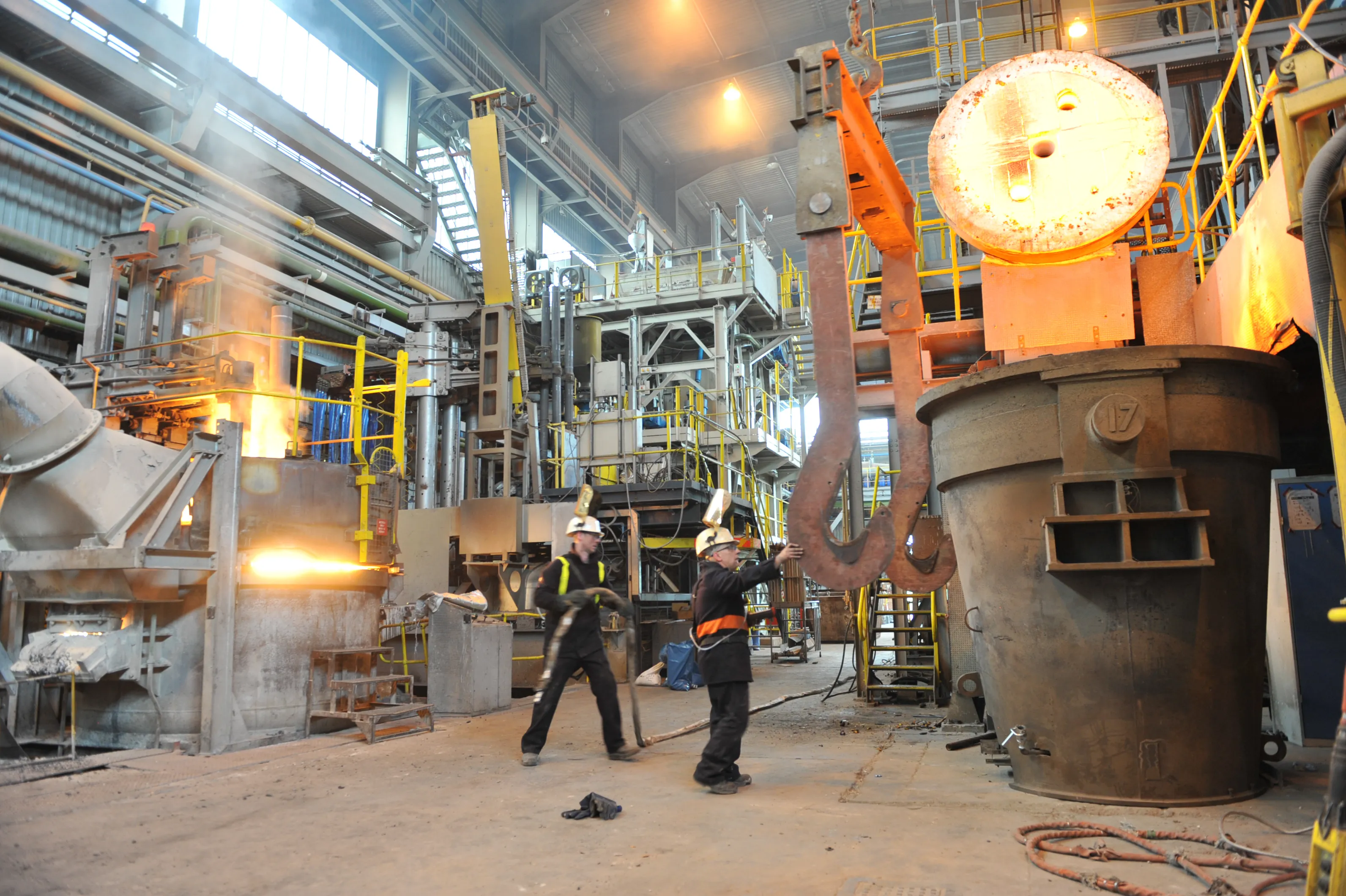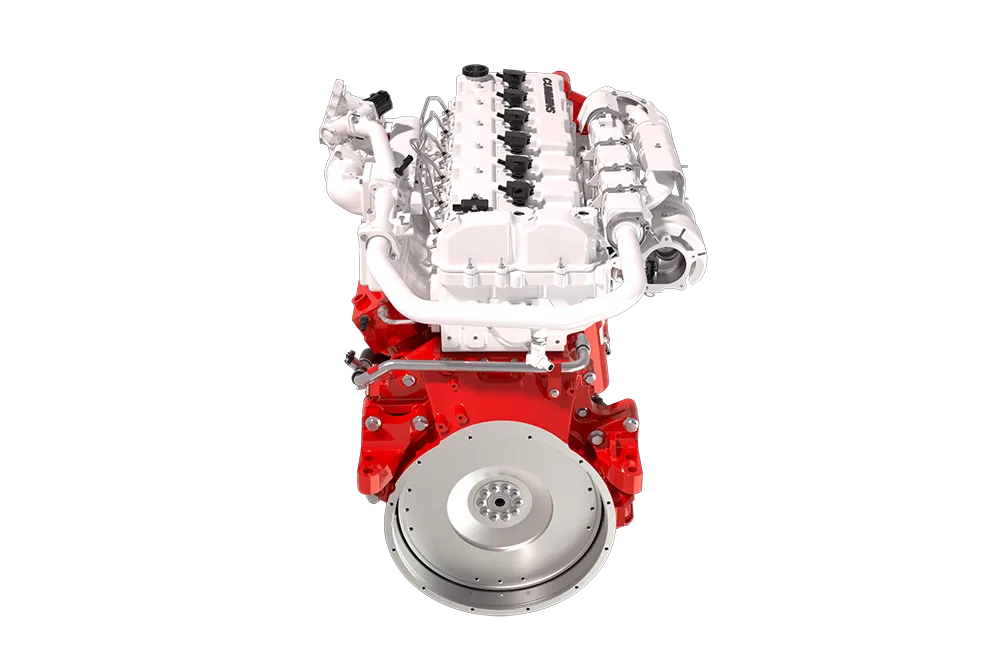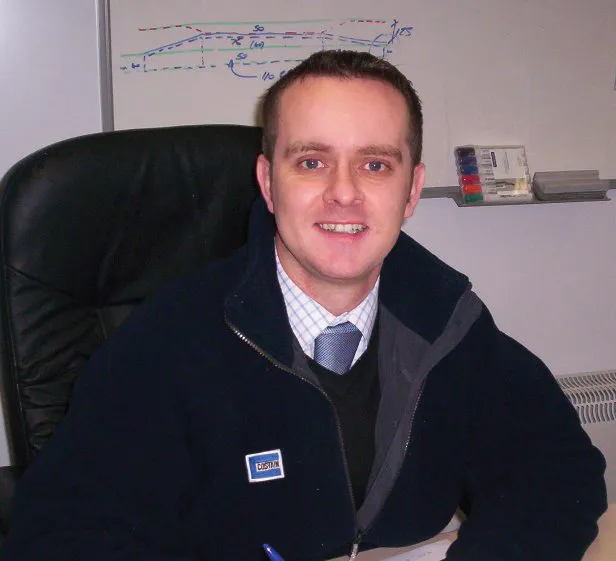South Korean company SK Innovation and international automotive supplier Continental, have signed an agreement founding a jointly managed company to develop and supply battery technology for the automotive industry. The know-how of both firms will be concentrated in this new company with the goal of mutually developing, producing and globally marketing lithium-ion battery systems for cars.
July 25, 2012
Read time: 2 mins
South Korean company 6274 SK Innovation and international automotive supplier 3402 Continental, have signed an agreement founding a jointly managed company to develop and supply battery technology for the automotive industry. The know-how of both firms will be concentrated in this new company with the goal of mutually developing, producing and globally marketing lithium-ion battery systems for cars.
SK Innovation will hold a 51% stake in the new company, Continental 49%. The business strategies of the two firms will remain unaffected by the joint management of this new company. Both companies will continue to supply their customers in the automotive industry with their entire existing product range. The venture, which will be managed operationally from Berlin, is slated to start business in the fourth quarter of this year. Its research and development activities will be carried out in Daejon, South Korea, in addition to Berlin. Production, marketing and sales will be set up locally in the target markets worldwide. Initially, there will be about 200 employees worldwide, with both partner companies providing equal portions of the workforce.
Continental and SK Innovation anticipate that, as CO2 regulations become more stringent worldwide, electrically assisted drives and pure electric vehicles will become increasingly important in the market. And the battery is one of the key components of these technologies. The new joint company will draw on the expertise of the two technology leaders behind it: SK Innovation is providing its well-founded know-how in the development of battery cells, which are technologically at the cutting edge in this field with respect to energy or power density, depending on the design. In addition, SK Innovation is one of the leading suppliers of separators. Meanwhile, Continental has many years of experience in developing and producing battery electronics and entire battery systems as well as integrating them into the vehicle.
SK Innovation will hold a 51% stake in the new company, Continental 49%. The business strategies of the two firms will remain unaffected by the joint management of this new company. Both companies will continue to supply their customers in the automotive industry with their entire existing product range. The venture, which will be managed operationally from Berlin, is slated to start business in the fourth quarter of this year. Its research and development activities will be carried out in Daejon, South Korea, in addition to Berlin. Production, marketing and sales will be set up locally in the target markets worldwide. Initially, there will be about 200 employees worldwide, with both partner companies providing equal portions of the workforce.
Continental and SK Innovation anticipate that, as CO2 regulations become more stringent worldwide, electrically assisted drives and pure electric vehicles will become increasingly important in the market. And the battery is one of the key components of these technologies. The new joint company will draw on the expertise of the two technology leaders behind it: SK Innovation is providing its well-founded know-how in the development of battery cells, which are technologically at the cutting edge in this field with respect to energy or power density, depending on the design. In addition, SK Innovation is one of the leading suppliers of separators. Meanwhile, Continental has many years of experience in developing and producing battery electronics and entire battery systems as well as integrating them into the vehicle.








